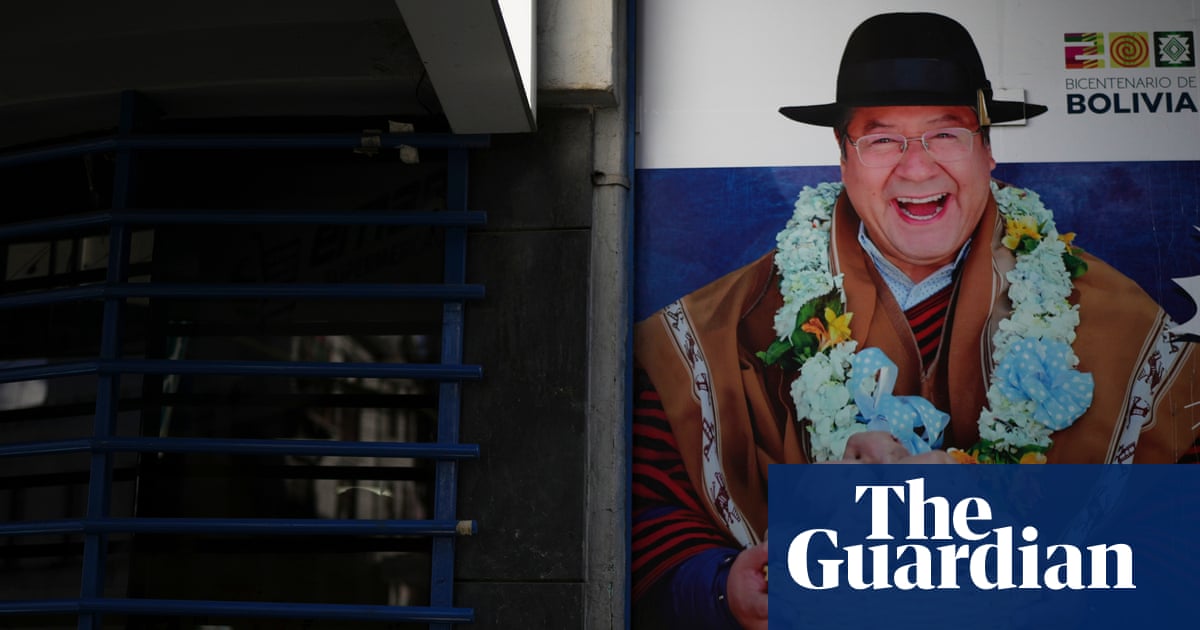Bolivia Holds Pivotal Election Amid Economic Crisis, Signaling Potential End to MAS Rule
Bolivia Holds Pivotal Election Amid Economic Crisis, Signaling Potential End to MAS Rule

Bolivians are casting their ballots today in a critical election that could signify a dramatic shift to the political right and potentially conclude nearly two decades of rule by the leftist Movimiento al Socialismo (MAS) party. This pivotal vote unfolds amidst Bolivia’s most severe economic crisis in forty years, marked by currency and fuel shortages, long queues, and escalating inflation, making the economy the central issue for voters.
The MAS party, which ascended to power with Evo Morales’s first election in 2005, faces the risk of losing its legal status if it fails to secure at least 3% of the vote—a threshold it has consistently missed in recent polls. President Luis Arce, deeply unpopular due to the economic downturn, chose not to seek re-election, instead backing his 36-year-old Minister of Government, Eduardo del Castillo, whose polling numbers hover around 2%.
The race for the presidency is tight, with two opposition figures virtually tied: centre-right business tycoon Samuel Doria Medina and conservative former president Jorge “Tuto” Quiroga. The fragmented left also presents a wildcard in 36-year-old senator Andrónico Rodríguez, who, despite being seen as Morales’s potential successor, launched an independent bid after leaving MAS, further splitting the left-wing vote.
Controversy surrounds former president Evo Morales, who, facing an arrest warrant, is urging supporters to cast null votes, claiming this strategy could validate his own political influence. However, analysts believe the impact of null votes will be limited.
Approximately 7.9 million Bolivians are eligible to vote, with preliminary results anticipated by 9 PM local time. If no candidate achieves over 50% of the vote, or at least 40% with a 10-point lead, an unprecedented second round will be held on October 19th. Political observers widely anticipate MAS will relinquish power, though the transition may be challenging given their extensive control over government institutions for the past two decades.
Disclaimer: This content is aggregated from public sources online. Please verify information independently. If you believe your rights have been infringed, contact us for removal.